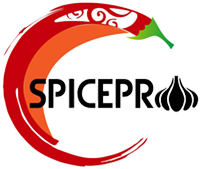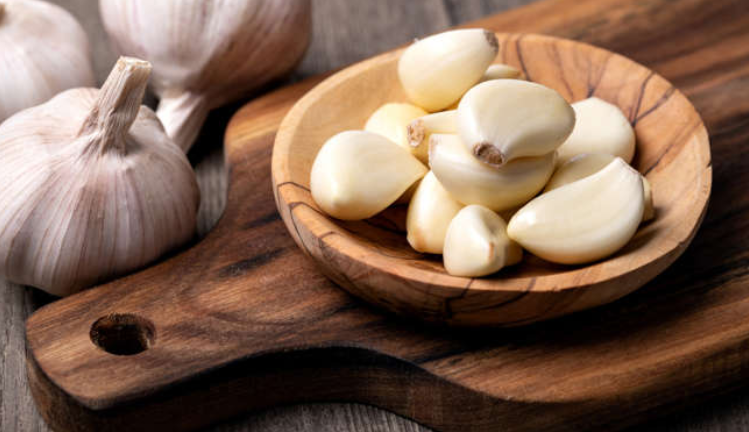Preservation of nutrients: Dehydrating vegetables can help preserve their nutritional content, including vitamins, minerals, and antioxidants. This is important for ensuring that essential nutrients are retained for consumption, especially in regions or seasons where fresh produce is not readily available.
Accessibility to nutrients: Dehydrated vegetables provide a convenient way to access important nutrients, as they can be stored for long periods and easily rehydrated for consumption. This can be particularly beneficial in areas with limited access to fresh produce or during times of food scarcity.
Versatility in cooking: Dehydrated vegetables can be used in a variety of dishes, providing a convenient way to incorporate essential nutrients into meals. They can be added to soups, stews, casseroles, and other recipes, offering a convenient and nutritious ingredient for cooking.
Nutrient-dense option: Dehydrated vegetables can offer a concentrated source of nutrients, as the dehydration process removes water content while retaining essential vitamins and minerals. This makes them a valuable option for maintaining a balanced and nutritious diet, especially in situations where fresh produce is not readily available.
Overall, dehydrated vegetables play a valuable role in providing access to essential nutrients, preserving nutritional content, and offering a versatile and nutrient-dense option for consumption.
Both cooked and raw foods have health benefits. It really depends on the food. Cooking food can destroy some enzymes and affect some nutrients. Eating some foods raw will ensure these foods preserve their nutrients.On the other hand, cooking can increase digestibility, the availability of some nutrients, and destroy harmful compounds and bacteria.
In summary, one is not necessarily better than the other. Though it’s not a bad idea to include raw foods in your diet. These are packed with health benefits that you’d lose if you cook them.
Onions are packed with antioxidants. Exposing onions to heat reduces the benefits of cancer-protecting phytochemicals.The sulfuric compounds in raw onions may also help reduce cholesterol levels, promoting insulin production, and helping break down blood clots.
Cucumbers are all about that fresh, crisp, and crunchy texture. Cooking them not only will affect their texture, but also reduce their nutritional content.
Red and green bell pepper:these are low in calories and rich in vitamin B6, vitamin E, magnesium, and especially vitamin C.Red and green bell peppers should be eaten raw, as cooking them will greatly reduce their nutrients, especially vitamins B and C.
Broccoli is one of those foods that split opinions when it comes to how they should be consumed. Cooking can increase the levels of cancer-fighting compounds known as glucosinolates, as well as making them easier on the digestive track.But you can certainly benefit from eating them raw, too. In fact, raw broccoli can contain up to 10 times more sulforaphane (an anticarcinogen) than cooked broccoli.
Garlic has a ton of antioxidants and sulfuric compounds, which have been proven to have a number of health benefits. Cooking can destroy these anticarcinogenic sulfuric compounds.
Celery:Eating celery is all bout the crunch, right? So, why would you even want to cook it? Plus, doing so will reduce its phenolic antioxidant content.
Tomatoes are great, either raw or cooked. Cooking them will increase the availability of the antioxidant lycopene. Eating them raw, however, will be better if you’re looking to increase your vitamin C intake.
Carrot :cooking may help with the absorption of beta-carotene, which is then converted into vitamin A. But eating carrots raw will still be beneficial.
Spinach:These leafy greens are packed with vitamins C and E and fiber, as well iron, potassium, and magnesium. Exposure to heat may affect these though.
Beetroot is packed with vitamins and is an excellent source of folate, antioxidants, and can increase nitric oxide (NO) availability. Cooking it may decrease the effectiveness of these properties.
Post time: May-30-2024



